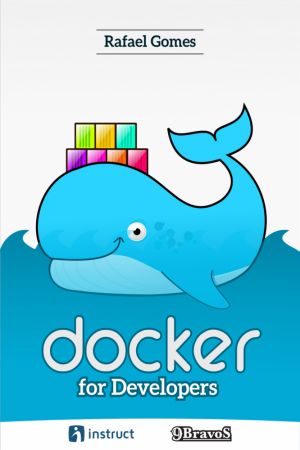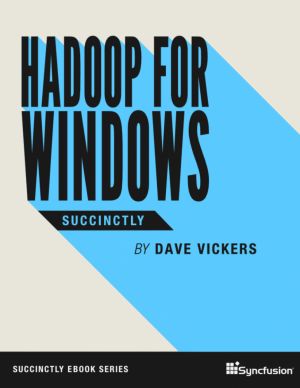Docker for Developers
by Rafael Gomes
DescriptionTable of ContentsDetailsHashtagsReport an issue
This preliminary version of the book focuses on the basic knowledge of Docker. It starts by briefly explaining the infrastructure of the solution, through its architecture, installation, basic commands, understanding and construction of images and containers, use of advanced commands, even manipulation of cloud environments. 





Book Description
This book introduces the use of Docker focusing on best usage practices, based on the 12factor methodology.This preliminary version of the book focuses on the basic knowledge of Docker. It starts by briefly explaining the infrastructure of the solution, through its architecture, installation, basic commands, understanding and construction of images and containers, use of advanced commands, even manipulation of cloud environments.
This open book is licensed under a Creative Commons License (CC BY). You can download Docker for Developers ebook for free in PDF format (2.6 MB).
Table of Contents
Chapter 1
Introduction
Chapter 2
Why using Docker?
Chapter 3
What is Docker?
Chapter 4
Set up
Chapter 5
Basic commands
Chapter 6
Creating your own image on Docker
Chapter 7
Understanding storage on Docker
Chapter 8
Understanding the network on Docker
Chapter 9
Using Docker in multiple environments
Chapter 10
Managing multiple Docker containers with Docker Compose
Chapter 11
How to use Docker without GNU/Linux
Chapter 12
Turning your application into a container
Chapter 13
Codebase
Chapter 14
Dependencies
Chapter 15
Config
Chapter 16
Backing services
Chapter 17
Build, release, run
Chapter 18
Processes
Chapter 19
Port binding
Chapter 20
Concurrency
Chapter 21
Disposability
Chapter 22
Development/production parity
Chapter 23
Logs
Chapter 24
Admin processes
Chapter 25
Tips for using Docker
Book Details
Title
Docker for Developers
Subject
Computer Science
Publisher
Leanpub
Published
2017
Pages
153
Edition
1
Language
English
PDF Size
2.6 MB
License

Related Books
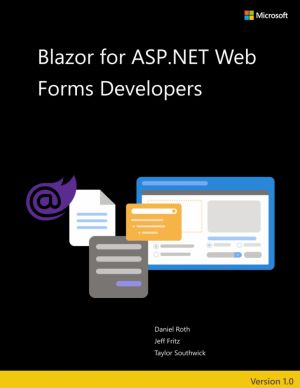
Blazor is a new web framework that changes what is possible when building web apps with .NET. Blazor is a client-side web UI framework based on C# instead of JavaScript. With Blazor you can write your client-side logic and UI components in C#, compile them into normal .NET assemblies, and then run them directly in the browser using a new open web s...
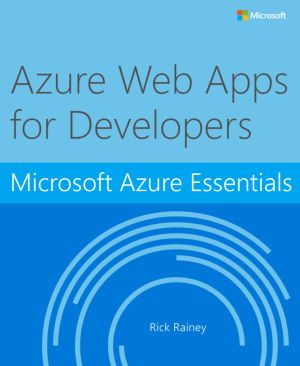
Azure Web Apps is a fully managed platform that you can use to build mission-critical web applications that are highly available, secure, and scalable to global proportions. Combined with first-class tooling from Visual Studio and the Microsoft Azure Tools, the Azure Web Apps service is the fastest way to get your web application to production. Azu...
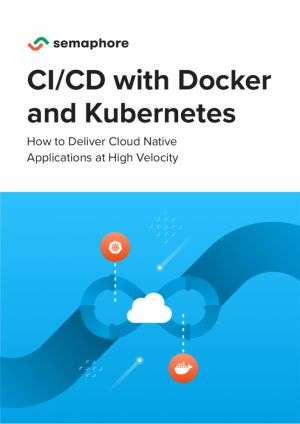
Containers change how developers build, test, and deploy code. Adopting them takes time. Using them the wrong way can slow down your delivery process.
But you don't have a team of engineers to dedicate to this like Spotify or Netflix do. Maybe you're a startup CTO with features to ship - you can't spend hundreds of hours on intern...
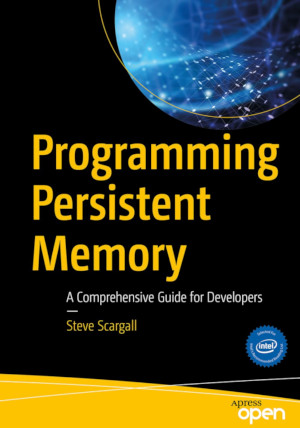
Beginning and experienced programmers will use this comprehensive guide to persistent memory programming. You will understand how persistent memory brings together several new software/hardware requirements, and offers great promise for better performance and faster application startup times - a huge leap forward in byte-addressable capacity compar...
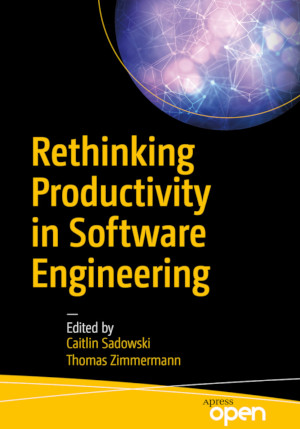
Get the most out of this foundational reference and improve the productivity of your software teams. This book collects the wisdom of the 2017 "Dagstuhl" seminar on productivity in software engineering, a meeting of community leaders, who came together with the goal of rethinking traditional definitions and measures of productivity.
The ...

